The Core of Christmas is Love
Holiday memories are about love, not food.
The holiday season often brings back memories of family gatherings, special treats, and cherished traditions. Yet, as we reflect on these moments, it's clear that the true essence of these memories isn't about the food itself, but rather the love and relationships that surround them. The baking experiments in the kitchen might yield some failures, but they also create lasting bonds and shared laughter.
For many, the holidays evoke nostalgia tied to the culinary delights prepared by loved ones. The delicious toffee and cookies made with care remind us of the warmth and affection shared in those moments. It's this love that flavors our memories, making them special and unforgettable. The real magic of Christmas stems from these connections, not the dishes we enjoy.
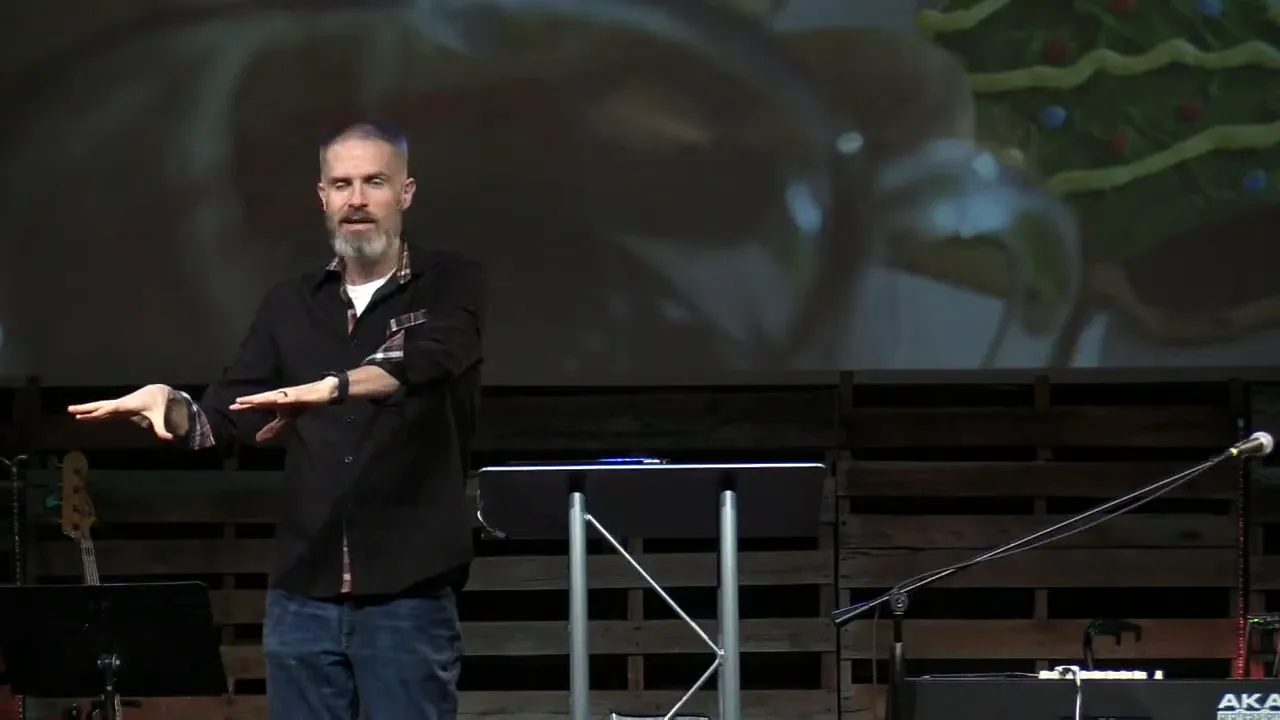
Exploring God's boundless love through First John.
As we delve deeper into the meaning of love, we turn to biblical teachings to understand its significance. The book of First John highlights that love is central to our relationship with God and one another. It emphasizes that love is not just a feeling but an action that reflects our divine purpose. This love is a gift, and it calls us to share it freely with others.
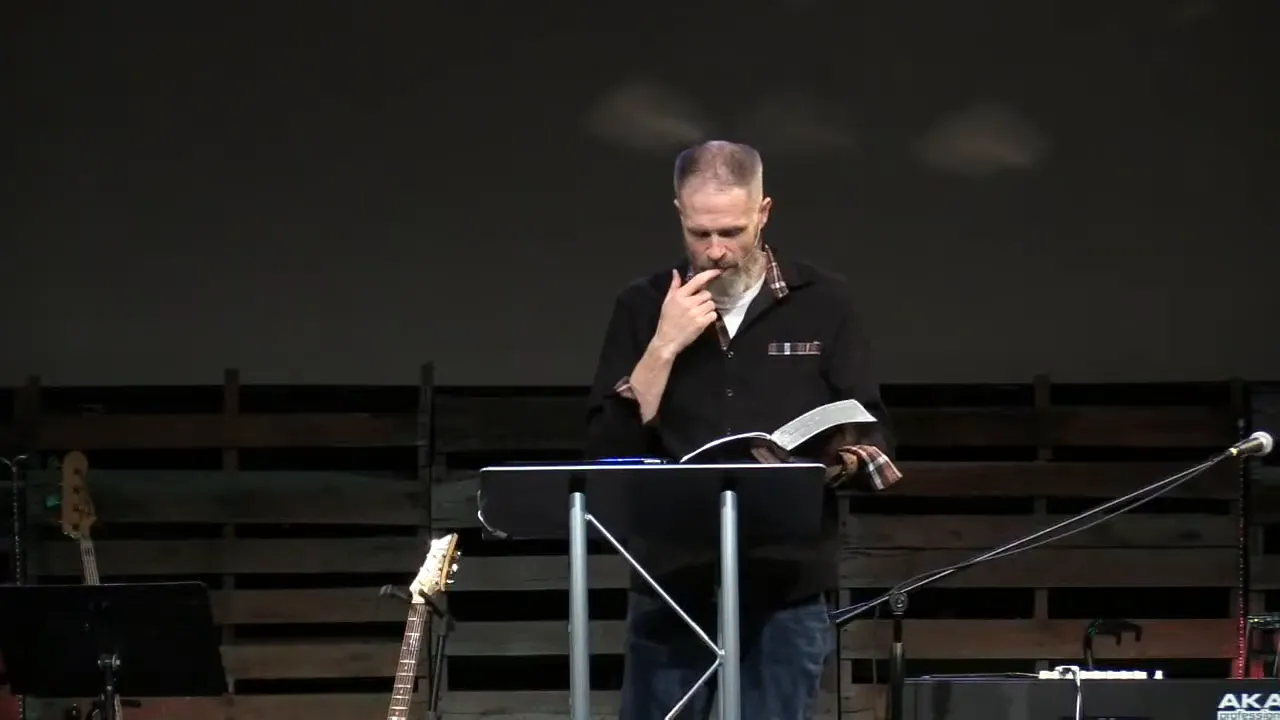
In First John, we learn that love comes from God, and when we embody that love, we are participating in something greater than ourselves. This profound love is what connects us to God and to each other, reminding us that we are all part of a divine family. Embracing this love transforms our actions and relationships, illustrating how love reveals God in us.
Embrace God's love; be His child always.
God's love is an invitation to become His children, embodying His essence in our daily lives. This relationship is not conditional; it is a gift that empowers us to love others. As we accept this love, we are called to reflect it in our interactions, creating a ripple effect of kindness and compassion in the world.

Being a child of God means recognizing our worth and the worth of others. It encourages us to act with love, even when faced with challenges. By embracing God's love, we become vessels of that love, sharing it generously with those around us. This is the essence of what it means to live as a follower of Christ.
Love reveals God in us through actions.
Love is not merely a concept; it is demonstrated through our actions. When we choose to love, we reveal God's presence in our lives. This love is not just for those who are easy to love but extends even to those who may challenge us. It is in these moments of difficulty that our true character and faith are tested.

The act of loving others, especially the unlovable, showcases the transformative power of God's love. It is a reflection of our understanding of our own worth and the worth of others. By loving actively, we fulfill our divine purpose, and in doing so, we make God visible to the world.
Church became cultural, not confessional, emphasizing status.
Over the decades, the church has sometimes shifted from being a place of genuine faith to one that emphasizes cultural identity. Many people attend church for social status rather than a true desire to follow Christ. This cultural Christianity can dilute the essence of what it means to be a follower of Jesus, leading to a disconnect between belief and action.
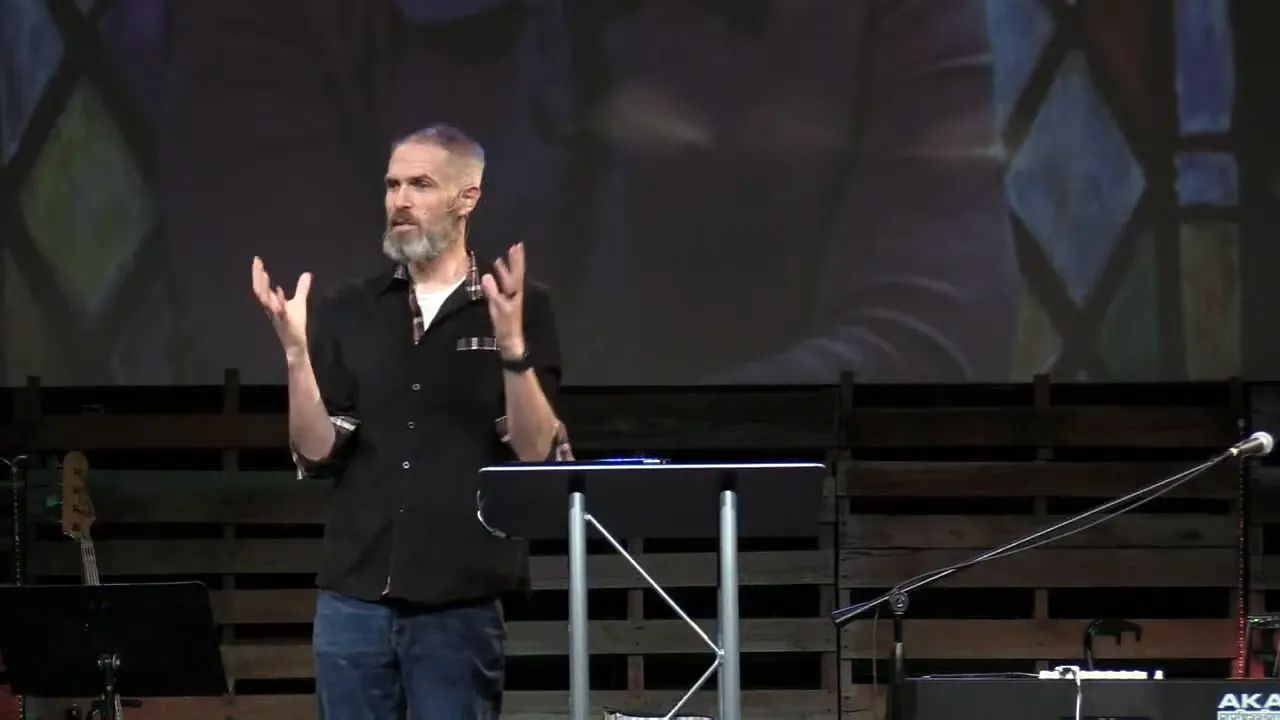
This shift has consequences. When church becomes more about cultural belonging than confessional faith, it can lead to judgment rather than love. People may feel excluded or unworthy, missing the core message of grace and acceptance that Jesus embodied. It’s essential to return to the roots of our faith, focusing on genuine love and connection, rather than societal expectations.
Christmas-Easter: Christ's resurrection shapes salvation.
The connection between Christmas and Easter is profound. Christmas celebrates the birth of Jesus, while Easter signifies His resurrection. Together, these events encapsulate the essence of salvation, reminding us that love and grace are at the heart of our faith. The story of Christ is not merely a legend; it is the foundation of our hope and belief.

Tim Keller once said, "If Christmas is just a nice legend, in a sense you are on your own. But if Christmas is true, then you can be saved by grace." This grace is a gift, offered to all who choose to receive it. It is a reminder that our relationship with God is not based on our merit but on His unconditional love.
Christmas: Love personified, grace saves everyone.
As we celebrate Christmas, we remember that love is personified in Jesus. He came to show us what love truly means. His life, death, and resurrection exemplify the depth of God's love for humanity. This love is not exclusive; it is available to everyone, regardless of their past or present circumstances.
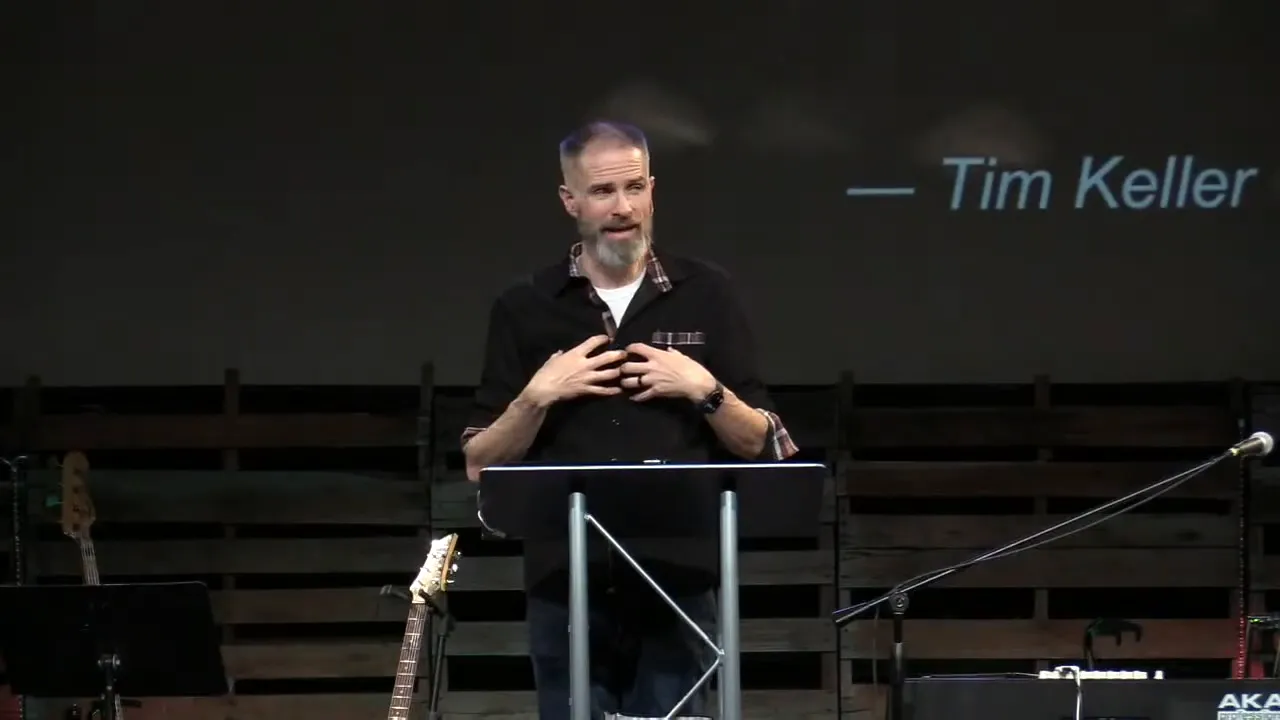
Christmas is a time to recognize the grace that saves us, a grace that invites us to love others as we have been loved. It challenges us to move beyond our comfort zones and extend kindness, compassion, and forgiveness to those around us. In doing so, we mirror the love of Christ and fulfill our calling as His followers.
Perfection unattainable; trust and faith essential.
In our journey of faith, we must acknowledge that perfection is unattainable. Instead, we are called to trust in God's love and grace. This trust allows us to face challenges with courage and purpose, knowing that we are not alone. Our faith is not about achieving perfection but about embracing the journey and the relationships we build along the way.

As we navigate life's ups and downs, let us remember that our trust in God is essential. It is through this trust that we find strength and resilience. We are invited to take risks in love and to extend grace to ourselves and others, knowing that we are all on a journey of growth and discovery.
Embrace God's love; live courageously and purposefully.
The ultimate message of Christmas is to embrace God's love and to live it out in our daily lives. This love empowers us to act courageously, spreading light and hope in a world that often feels dark. As we light candles and sing carols, we symbolize the light of Christ shining within us, guiding our actions and interactions.
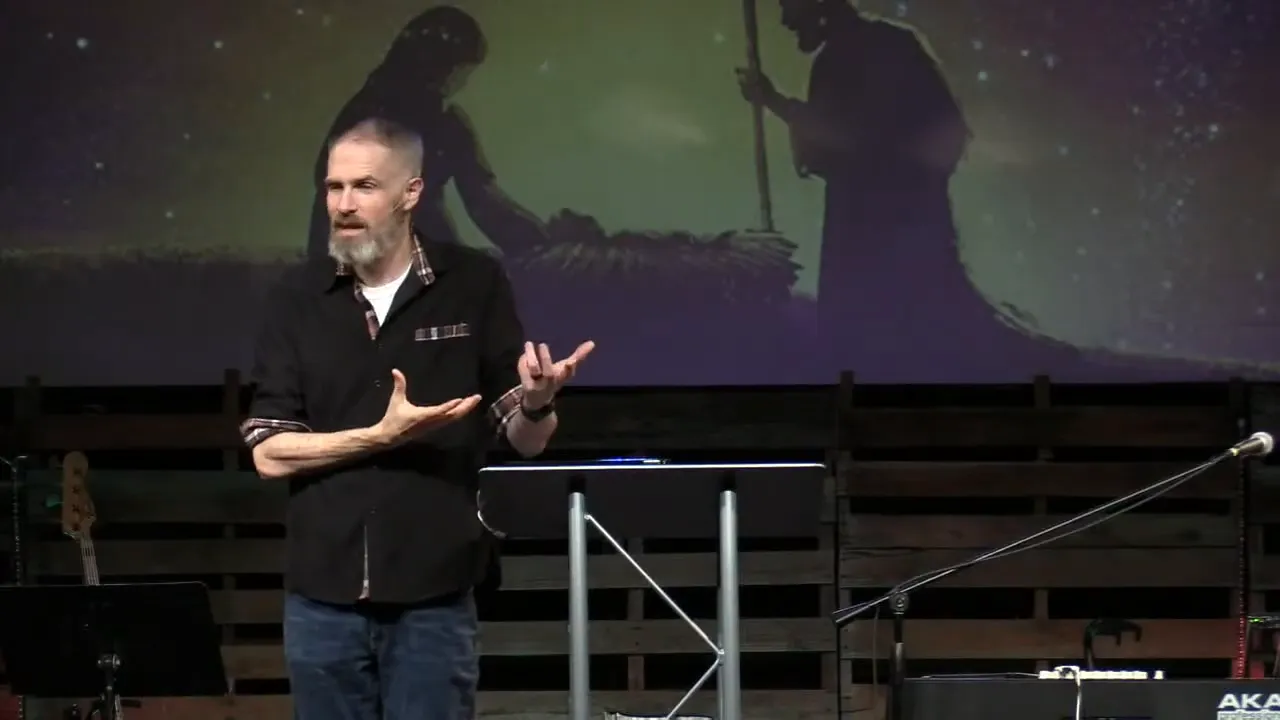
Let us commit to loving others as Jesus loved us, reflecting His grace and compassion in every encounter. This Christmas, may we choose to be vessels of love, sharing it freely and joyfully with everyone we meet. In doing so, we fulfill our divine purpose and bring the true magic of Christmas to life.
